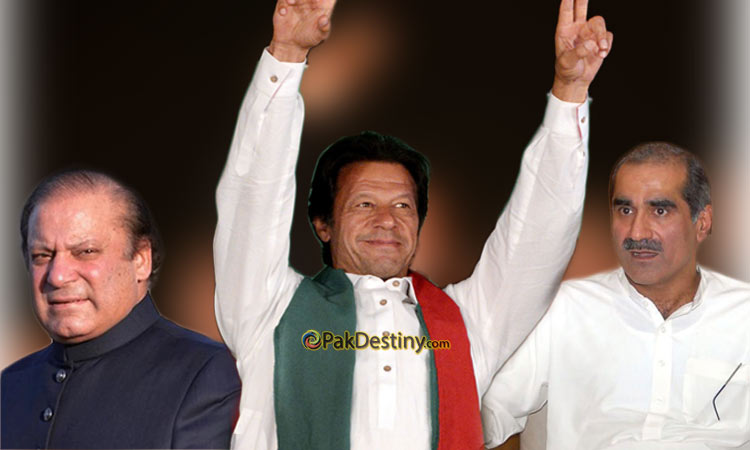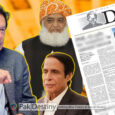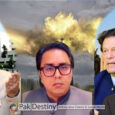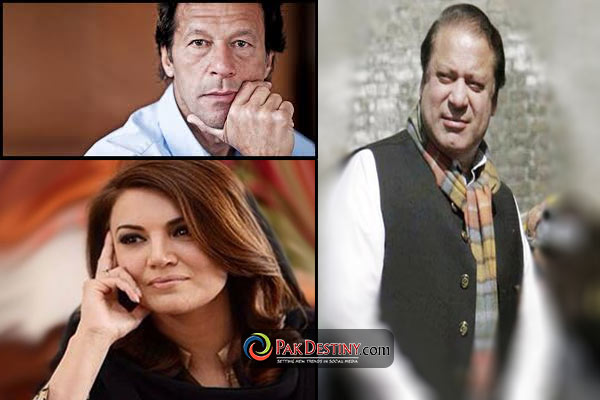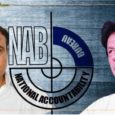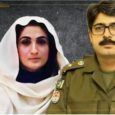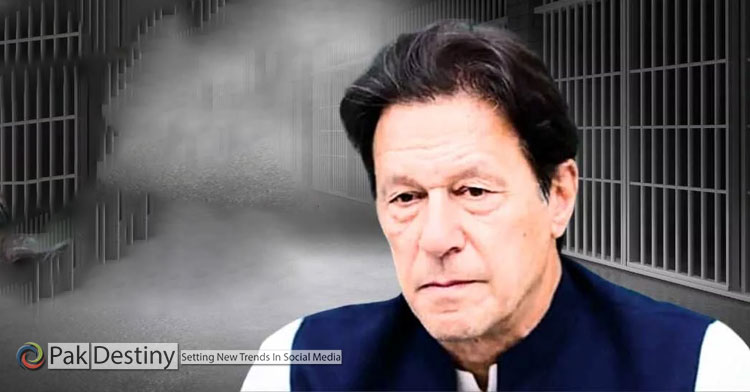
By Irum Saleem
Financial Times sees major crisis in Pakistan — threats to fragile democratic system and tanking economy.
FT writes “Pakistan’s jailing of opposition leader Imran Khan and moves to delay national elections have thrown the nation into political uncertainty that analysts say puts at risk its fragile democracy.”
Prime Minister Shehbaz Sharif plans to dissolve his government on Wednesday and hand over power to a caretaker administration, the standard practice ahead of a general election that according to the constitution must then be held within 90 days.
But the decision on Saturday by a Sharif-led committee to redraw the country’s electoral boundaries on the basis of a recently completed census means ministers now expect the election to be delayed until early next year. That means the nuclear-armed south Asian nation of 241mn faces a prolonged period without a government backed by parliament.
News of the election delay came just hours after an Islamabad court sentenced Khan, the former prime minister, to three years in prison on corruption allegations.
“In isolation, Imran Khan’s disqualification and arrest seems like the legal process proceeding as intended,” said Uzair Younus, director of the Pakistan Initiative at the Atlantic Council, a Washington-based think-tank.
However, Younus said the sequence of events “points to the fact that Pakistan’s democratic backsliding has accelerated in recent weeks”.
“The odds of having timely, free and fair elections in the country are near zero,” he said.
Members of Khan’s Pakistan Tehreek-e-Insaf party have denounced his imprisonment as a brazen attempt to prevent the PTI, which many analysts consider the country’s most popular political group, from mounting an electoral challenge.
“The elections are being delayed for only one reason, and that is because they believe Imran Khan will get more votes,” said Zulfi Bukhari, a PTI spokesperson.
Khan’s jailing was the culmination of months of escalating tension between the PTI and both Sharif’s government and the military, which controls much of Pakistan’s political decision-making from behind the scenes.
Since he was removed from office by a parliamentary no-confidence vote last year, Khan has fiercely criticised Sharif and army chief Asim Munir, adding to his already large following among Pakistanis fed up with the country’s economic mismanagement.
After some pro-Khan protests turned violent in May, authorities arrested thousands of PTI supporters and pressured senior figures to quit the party, leaving it severely weakened.
Sharif’s government denies there is any political motivation behind Khan’s imprisonment, which stems from allegations he illegally sold gifts received while prime minister between 2018 to 2022. Khan has denied the allegations.
The onetime cricket star was arrested by a government anti-corruption agency in a different case in May but was released after the Supreme Court ruled the arrest illegal.
The government has also defended the plan to redraw electoral boundaries as necessary to ensure constituencies properly reflect a population that the census found had increased by 34mn between 2017 and 2022
Prime Minister Shehbaz Sharif’s government dismisses accusations its recent moves are politically motivated © Aamir Qureshi/AFP/Getty Images
But analysts said the election delay and Khan’s imprisonment threatened to undermine democratic processes in a country that has since independence in 1947 oscillated between civilian and military rule. They also said the government’s moves were unlikely to have been made without army approval.
Critics repeatedly accused Khan while in office of using corruption allegations as a means to sideline and jail his own political opponents, including members of Sharif’s Pakistan Muslim League-Nawaz party.
Yet the decision to redraw electoral boundaries threatens to backfire for the PML-N. “There are obvious questions to ask,” said Moonis Ahmar, a political scientist. “For instance, why was the census not done before? And why is this being introduced at the eleventh hour to delay elections?”
While the PML-N hopes the intervening months will allow it to consolidate support against the PTI, others in Sharif’s 13-party coalition — including its main ally the Pakistan People’s party — have publicly criticised the proposal.
“The blunt reality is that we are not threatened by Imran Khan,” a PPP minister from Sharif’s outgoing cabinet said. “We want to face Imran Khan politically and a delay will only make him more popular.”
The incoming caretaker prime minister — who will be appointed by Pakistan’s president Arif Alvi in consultation with the ruling and opposition parties, or by the election commission if they cannot agree — will have to manage the country’s economic crisis until the election.
This month will tell where Pakistan is heading. PAK DESTINY

